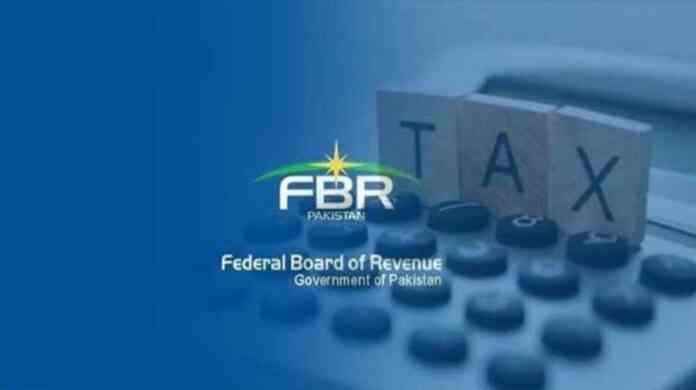Islamabad, May 11, 2025 – The Federal Board of Revenue (FBR) is actively reviewing a proposal to revise the taxation structure on immovable properties in the upcoming federal budget for the fiscal year 2025-26. This move comes in response to persistent demands from real estate stakeholders and aims to stimulate investment while balancing revenue generation.
According to official sources, the FBR is considering a range of relief measures to rationalize the tax regime on immovable properties. These include a possible exemption from Capital Gains Tax (CGT) and a downward revision in withholding tax rates on the sale and purchase of real estate. Currently, a 3% withholding tax is imposed on sellers under Section 236C of the Income Tax Ordinance, 2001. The reduction of this rate is under serious consideration.
The CGT, which is applicable on profits made from the sale of immovable properties, is also expected to undergo changes starting July 1, 2025. Taking into account inflation and the rising cost of properties, the FBR believes there is a need to adjust the CGT to make it more equitable. As per existing law under Section 37, sellers are liable to pay CGT when filing their income tax returns, but this may be eased for genuine long-term property holders.
In addition to reforms in the real estate sector, the FBR is also planning broad-based reductions in withholding tax across multiple sectors. This includes reduced rates on the import of raw materials and inputs, as well as on financial transactions not directly linked to income, such as bank transfers. However, withholding taxes on dividends and other income-based revenues will remain intact.
Meanwhile, the Overseas Investors Chamber of Commerce and Industry (OICCI) has proposed an annual withholding tax of 0.5% on all immovable properties, including agricultural land, based on FBR-assessed values. This would be collected by provincial authorities and adjusted against the owner’s overall income tax liability. The proposal recommends exempting small properties to protect low-income segments.
Furthermore, the OICCI has suggested that CGT exemptions should be conditional on proper declaration of properties at the time of acquisition and limited to one transaction every three years per taxpayer. This approach is expected to improve documentation and discourage the hoarding of undeclared wealth in real estate.
